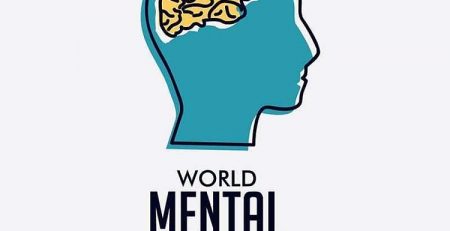Strategies to Limit Information Overload and Prioritize Sleep for Better Mental Health:
Reducing Information Intake:
- Identify Sources: Pinpoint the main sources of information overload in your life, like news apps, social media, email, and even offline sources like newspapers.
- Set Boundaries: Define dedicated times for consuming information, like checking news once in the morning and evening, and limit or eliminate social media scrolling altogether.
- Unsubscribe: Unfollow irrelevant accounts and unsubscribe from email lists that clutter your inbox.
- Curate News Feeds: Prioritize credible sources and use content filters to focus on topics relevant to your needs and interests.
- Embrace Analog: Consider opting for print books or podcasts to break the screen-time dependency.
Managing Screen Time:
- Schedule Downtime: Dedicate screen-free times during the day, especially before bed, to allow your mind to unwind.
- Use Tools: Utilize apps or website blockers to restrict access to distracting websites during focused work periods.
- Designate Device-Free Zones: Create spaces in your home, like the bedroom, where technology is off-limits to promote relaxation.
- Engage in Offline Activities: Replace screen time with hobbies like reading, exercising, spending time in nature, or socializing in person.
Prioritizing Sleep:
- Establish a Sleep Schedule: Go to bed and wake up at consistent times, even on weekends, to regulate your body’s natural sleep-wake cycle.
- Create a Relaxing Bedtime Routine: Take a warm bath, read a book, or practice gentle stretches to wind down before bed.
- Optimize Your Sleep Environment: Ensure your bedroom is dark, quiet, cool, and free from electronic distractions.
- Limit Stimulants: Avoid caffeine and alcohol close to bedtime, as they can disrupt sleep patterns.
- Exercise Regularly: Physical activity promotes better sleep, but avoid strenuous workouts close to bedtime.
Additional Tips:
- Practice Mindfulness: Techniques like meditation can help you stay present and less overwhelmed by constant information flow.
- Delegate Tasks: Consider delegating or outsourcing information-heavy tasks to free up your mental space.
- Limit Multitasking: Focus on one task at a time to avoid cognitive overload and anxiety.
- Take Regular Breaks: Step away from screens and information consumption throughout the day to refresh your mind and body.
- Seek Support: Talk to a therapist or counselor if you struggle to manage information overload or if it negatively impacts your mental health.
Remember, prioritizing sleep and reducing information overload is an ongoing process. Be patient with yourself, experiment with different strategies, and find what works best for you to achieve a healthy balance.
#mentalhealthmatters #wellbeing #stressless #infomanagement #digitaldetox #mindfulness #priorities #healthyhabits #sleepingwell #screenfree
#selfcare #mentalhealthawareness #lifelabs #digitalwellness #slowliving #healthylifestyle #unplugandrecharge #betterme #wellthywednesday #sleepgoals
#mentalhealthtips #wellbeingcommunity #healthhacks #sleepwelllivewell #balanceiskey #healthyliving #digitalboundaries #timeforyou #digitalwellnesschallenge #screenfreelife





